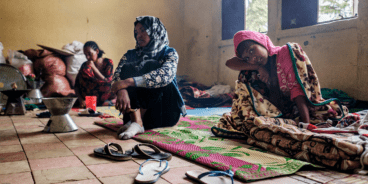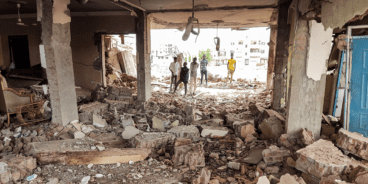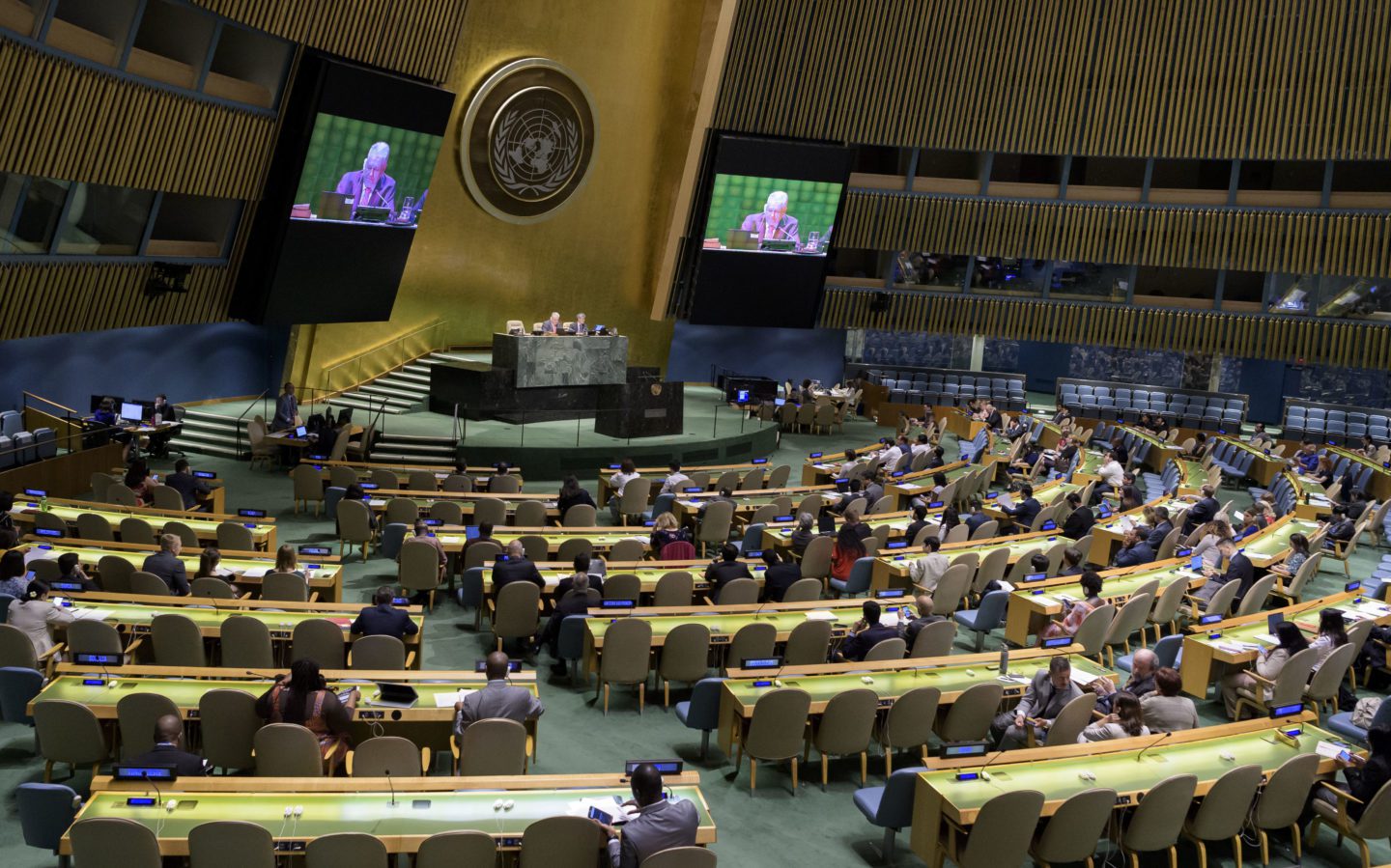
Remarks delivered at UN General Assembly Ministerial Side Event on “Countering and Preventing Violent Extremism Through Education”
Remarks delivered by Dr. Simon Adams on behalf of the Global Centre for the Responsibility to Protect on 20 September 2016 at UN Headquarters, New York. The Ministerial side event was cohosted by the Permanent Missions of Albania, Jordan, Morocco and United States to the UN, the Observer Mission of the Holy See to the UN, and UNESCO.
Your Excellences, distinguished guests, ladies and gentlemen, I am honored to participate in today’s discussion on countering and preventing violent extremism through education.
In 2005 at the UN World Summit, heads of state and government adopted the Responsibility to Protect – a solemn promise to protect populations in all parts of the world from genocide, war crimes, ethnic cleansing and crimes against humanity. But over the past few years we have seen the emergence of violent non-state armed groups who openly incite, promote and proudly commit mass atrocity crimes.
I would like to briefly mention two aspects of this phenomenon. The first is that these groups fear education. That is why wherever violent extremist armed groups are present, they attack schools, teachers, scholars and students, especially girls.
While the cruelties of the so-called Islamic State (or Da’esh) have been well publicised, Boko Haram, whose name means “Western education is forbidden,” regularly attacks students and teachers, burning down schools across the Lake Chad Basin.
Atrocities perpetrated by Boko Haram in Nigeria, Cameroon, Niger and Chad have killed an estimated 17,000 people and closed almost two thousand schools, denying one million children access to education.
It was also Boko Haram who, notoriously, attacked the school at Chibok in April 2014, kidnapping 276 Nigerian schoolgirls. Many of those girls were enslaved by Boko Haram or in some cases, coerced into becoming suicide bombers.
Violent extremists attack schools because in many parts of the world schools represent those aspects of our world that Da’esh, Boko Haram and others fear and revile the most.
At its best, education illuminates the mind and enables us to engage with the world. The narratives of hate, espoused by violent extremists, can be countered by an education that not only teaches science, literature and mathematics, but also human rights, cultural diversity and the interconnectedness of humanity.
Which brings me to my second point. Sixty-eight years ago, the Universal Declaration of Human Rights was adopted at the second UN General Assembly. The Universal Declaration boldly proclaims that all human beings, regardless of who they are or where they live, have the right to an education.
Education is not a luxury, it is an essential antidote to violent extremism and also a tool for preventing the recurrence of conflict. It is hard to imagine a better future for children in northern Nigeria, Syria, Afghanistan or Iraq, for example, if the next generation lacks the education, skills and knowledge to build a post-conflict society.
The launch of the Secretary General’s Plan of Action to Prevent Violent Extremism provides a framework for strengthening global acceptance of the role of education in these efforts.
Children who are not in school, who are languishing in refugee camps, who are marginalized or trapped in divided societies, are most at risk of being recruited as child soldiers, forced into bonded labor, or recruited by violent extremists.
Last September, the UN adopted 17 new Sustainable Development Goals. Goal 4 is to “ensure inclusive and equitable quality education” for every human being on this planet. Education can also help build inclusive societies, thereby achieving Goal 16.
These are targets all 193 UN member states have committed to achieve by 2030. But with millions of children still deprived of a proper education, exposed to conflict, and preyed upon by violent extremists, we need to do more to make the promise of universal rights a universal reality.
Related Content


Greater Action Required for Sudan
